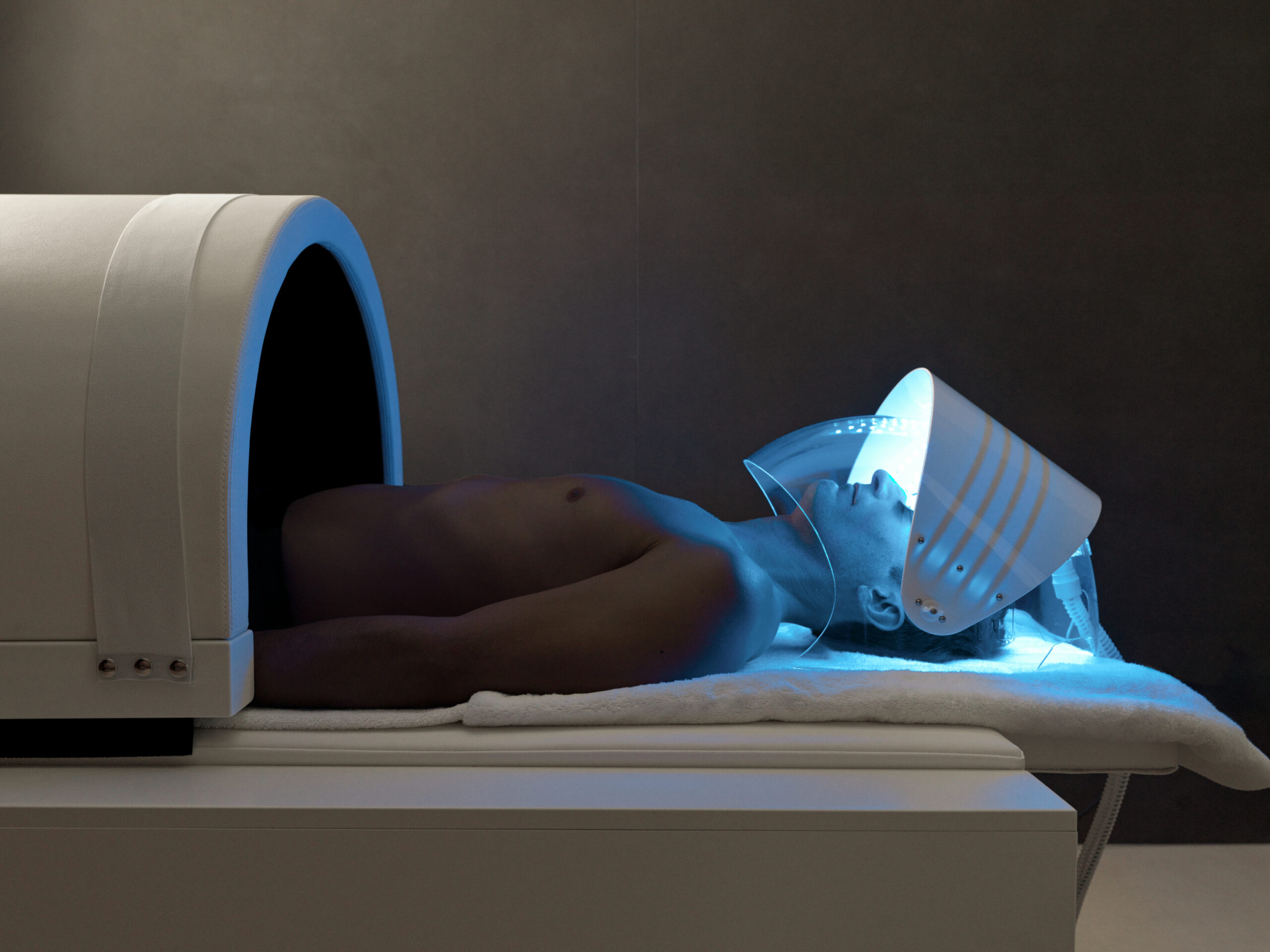Over time, the body changes, the mind adapts, and daily demands accumulate. In this process, energy and vitality can begin to fade. One of the most frequent — yet often overlooked — causes is an excess of cortisol, the so-called stress hormone.
At ZEM Wellness Clinic Altea, we see how an accelerated pace of life, lack of rest, and constant tension can alter hormonal balance and reduce overall vitality. Understanding how cortisol works is the first step towards restoring calm and reconnecting with one’s natural rhythm.
The link between stress and balance
Stress activates defence mechanisms that, when sustained, disrupt essential functions of the body. The nervous system remains alert, the metabolism accelerates, and the body stops prioritising recovery and emotional connection.
This imbalance can manifest in different ways:
-
Hormonal alteration: excessive cortisol reduces testosterone and oestrogen levels, impacting sexual health and energy.
-
Vascular tension: blood flow becomes less efficient, affecting tissue oxygenation and physical response.
-
Mental fatigue: a busy mind struggles to relax and to enjoy presence.
-
Reduced dopamine and oxytocin: neurotransmitters that sustain emotional connection and wellbeing.
Together, these effects can drain both physical and emotional energy, distancing us from our innate state of balance.
How cortisol alters vitality
Although essential for regulating metabolism and inflammation, prolonged excess of cortisol can have widespread effects. After the age of 40, its impact becomes more visible, often leading to:
At ZEM Wellness Clinic Altea, we help our guests become more aware of what they feel, so that external circumstances affect them less. The goal is to change the mental patterns that drain us. In everyday life, we rarely allow ourselves to rest or disconnect; we convince ourselves that there is never enough time, sacrificing sleep, calm, or meaningful connection. That external focus feeds anxiety and prevents us from experiencing genuine happiness.”
-
Reduced physical and mental energy.
-
Decreased responsiveness or performance.
-
Persistent fatigue.
-
Altered sleep and mood regulation.
These signs are the body’s way of signalling that a new rhythm is needed — one that allows recovery, calm, and renewal.

Five ways to regulate cortisol and restore inner balance
At ZEM, stress and vitality are addressed through an integrative lens — combining clinical science, nutrition, and sensory therapies to restore equilibrium and renew energy.
These five simple practices can help initiate that process:
-
Breathe with awareness
Mindful breathing and meditation calm the nervous system and enhance body connection. -
Move with purpose
Regular physical activity balances stress hormones and improves circulation. Gentle disciplines such as yoga or pelvic exercises strengthen body confidence and responsiveness. -
Prioritise restorative sleep
Deep, uninterrupted rest supports hormonal regeneration and mental clarity. Establishing evening rituals away from screens fosters both rest and emotional reconnection. -
Nourish with balance
A diet rich in antioxidants, omega-3 and high-quality proteins — such as salmon, nuts or green tea — helps regulate cortisol and reduce inflammation. -
Cultivate emotional connection
Sharing unhurried moments, communicating with empathy and maintaining closeness are key to reducing stress and restoring harmony.
Returning to balance
Cortisol is not an adversary — it is a messenger, reminding us to pause and care for ourselves. Learning to manage it not only supports physical health, but also restores clarity, vitality and a deep sense of inner harmony.
At ZEM Wellness Clinic Altea, we believe longevity begins with balance: a calm body, a conscious mind, and a life lived with presence and serenity.










